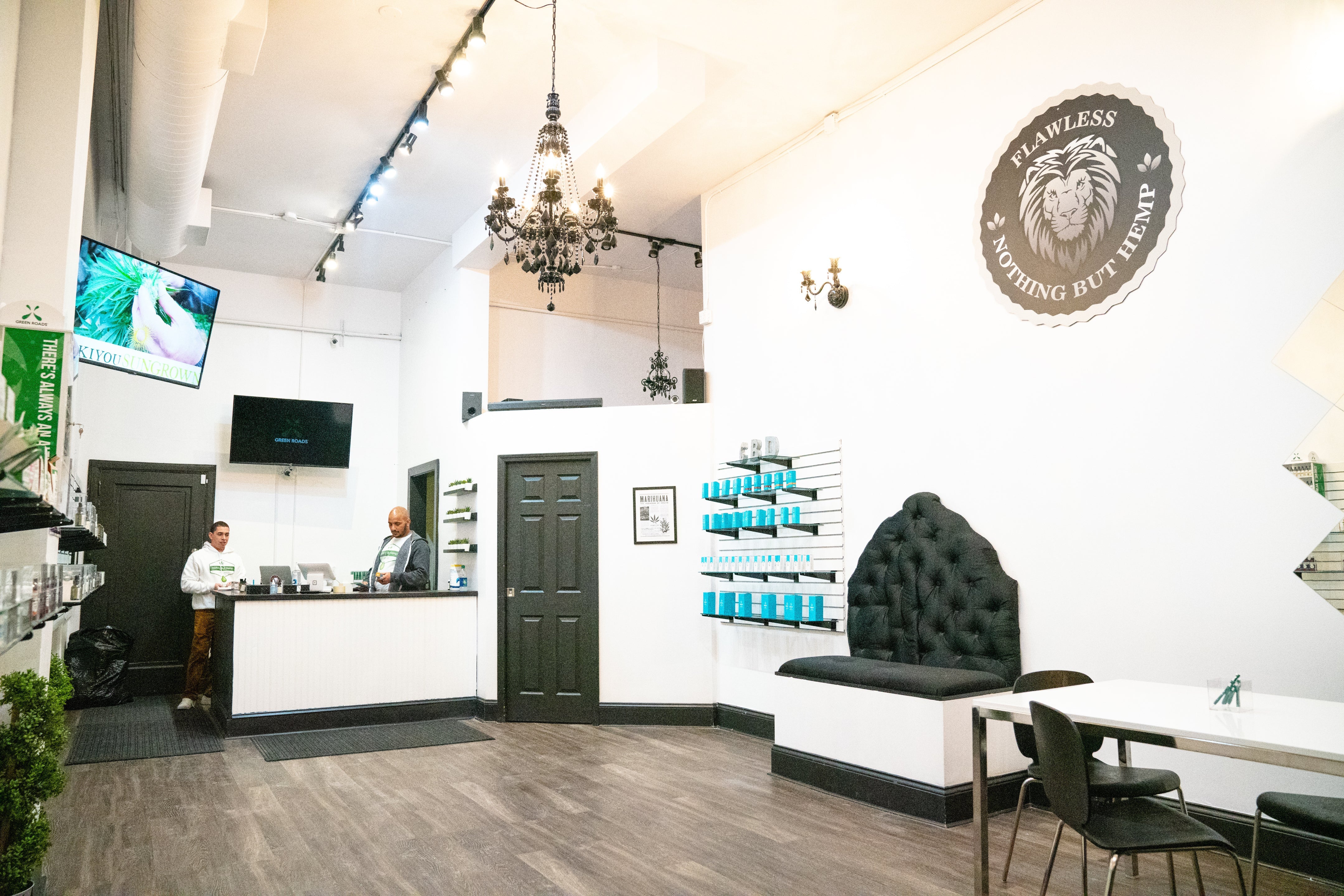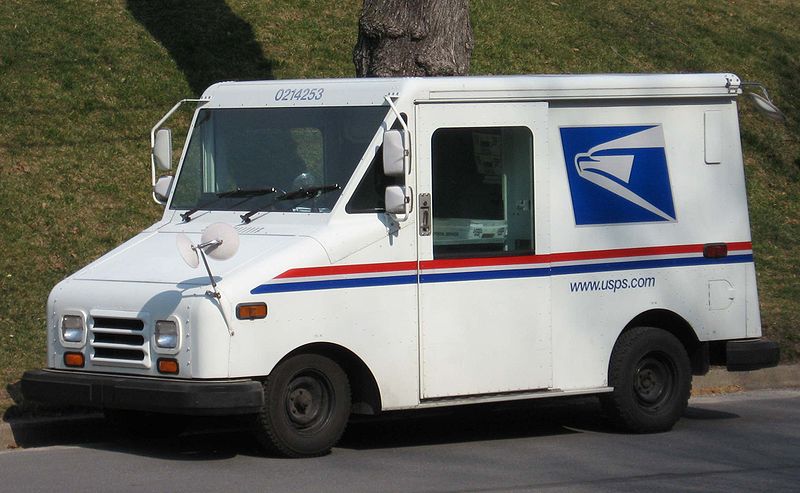
As the trade war between China and the U.S. grinds on, fostered and continued by protectionism within the Trump’s White House, American farmers are looking for returns in a new and exciting venue.
Hemp, long prohibited in the U.S. despite its well-known uses in textiles, plastics and recent resurgence in the field of wellness in its use for making CBD products, was recently made legal with the 2018 Farm Bill.
That legislation allows for the cultivation of hemp, which had previously only been accessible for research purposes in some states using particular licenses and pilot programs, and this year is the first where mass planting of the crop has occurred across America.
Because of the past year’s newly vicious trade animosity between China and the U.S., Reuters reports that grain and soybean exports to China have drastically fallen and their profits have, too. [1]
With limited exports to China, an extensive system of subsidies to farmers has been enacted to waylay their losses, but some are turning to hemp as an intermediary. It is in demand across the U.S. and Europe, which could be the life preserver American farmers need in these difficult circumstances.
Industrial hemp also finds a very liberal attitude from federal legislators and regulators, with the USDA recently quietly releasing policy statements that its cultivation and transportation was legal across the U.S., and Food and Drug Administration regulators mostly interested with CBD when it is used in food and drinks, not when its grown in farmers’ fields.
According to the Chicago Tribune, prices for hemp flower are far, far higher than other crops. Farmers can sell it for as much as $45,000 to $60,000 per acre. [2]
“That’s a profit that blows corn and wheat and everything else out of the water,” Ken Anderson of Wisconsin’s Legacy Hemp told Reuters. [1]
Still, the fresh nature of the industry means that many involved are under-researched and novice in the science of reaching those maximum yields. As with many budding industries, the calculus is high risk, high reward, and learning curves are high.
According to reporting from the Chicago Tribune, 475 Illinois farmers have procured licenses in the state to grow hemp, much like plenty of other farmer populations in America. They are seeing some of these growing pains as well. [2]
“This is farming like we’ve never done before,” Les Dart, who plans to plant 75 acres of grain hemp on his 3,700-acre farm in Oblong, Ill., told the Tribune. “We’ve been growing corn and soybeans like all of our neighbors around here for the past 70 years. … (We’ve had) nothing that is this kind of radically new. It’s definitely going to be risky for us.” [2]
Sources
[2] https://www.chicagotribune.com/business/ct-biz-illinois-cbd-hemp-farmers-20190524-story.html








































